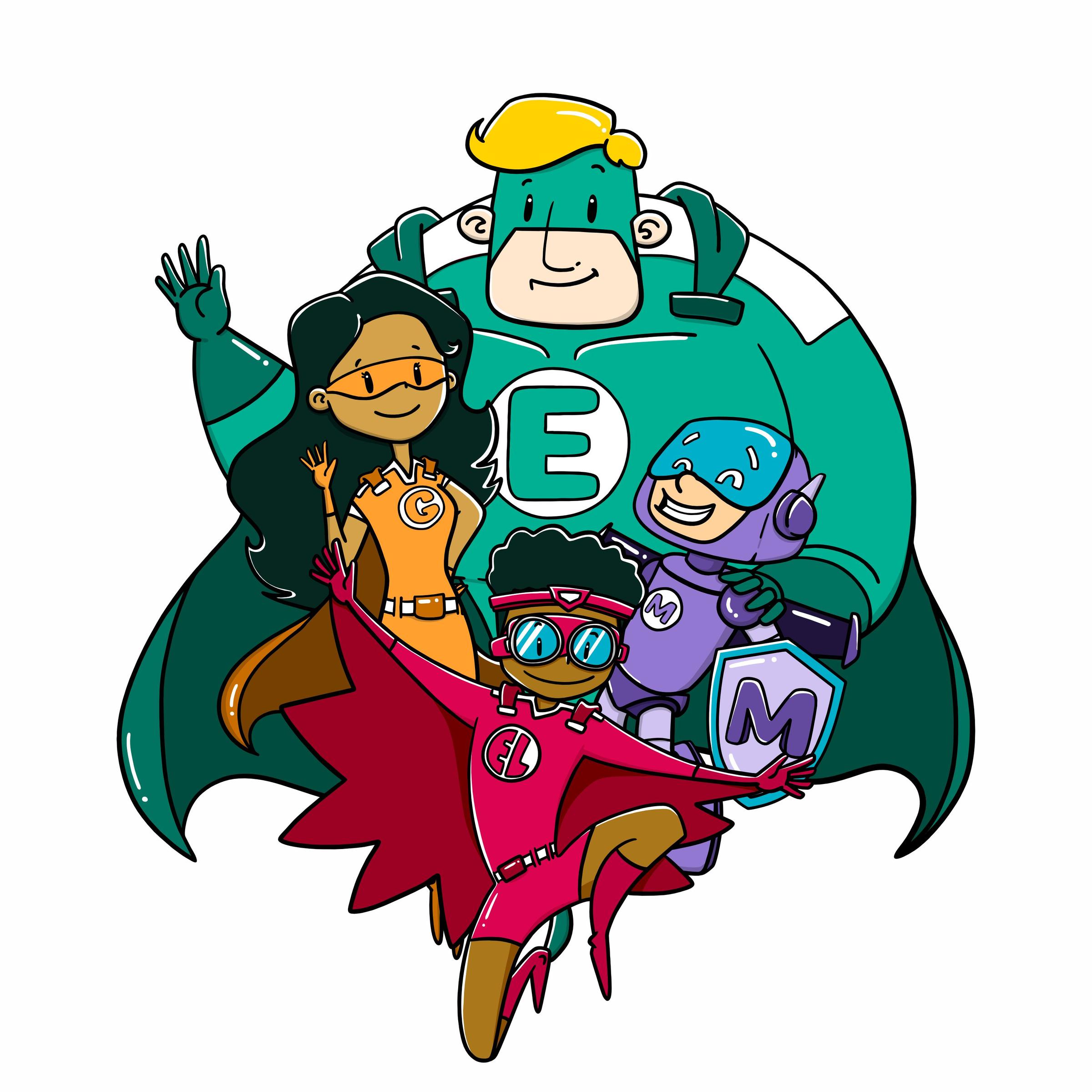The Resilience Project

We are introducing The Resilience Project schools program into our school. The Resilience Project schools program has been designed by teachers for teachers and has been evaluated by the University of Melbourne. Through presentations, student curriculum, teacher resources and digital content, The Resilience Project’s Education Programs support mental health in the classroom, staffroom and family home. The program is committed to teaching positive mental health strategies to prevent mental ill-health and build young people’s capacity to deal with adversity.
The Resilience Project Early Years Program is a positive mental health program which focuses on the Resilience Project’s key pillars of Gratitude, Empathy, Mindfulness and Emotional Literacy (GEM). The program aims to build mental resilience and wellbeing amongst educators, children, parents/carers, and the community.
Gratitude
Paying attention to the things we have right now, and not worrying about what we don't have. We practice gratitude by noticing the positives around us.
Empathy
Putting ourselves in the shoes of others so we feel what they are feeling. We practice empathy by being kind and compassionate towards other people.
Mindfulness
Our ability to be calm and in the present moment. We practice mindfulness by slowing down and concentrating on one thing at a time.
Emotional Literacy
Our ability to label our emotions, which helps us to soften negative emotions and find positive emotions. We practice emotional literacy by labelling our emotions as we experience them.
Students will be receiving a GEM certificate at our school assembly and in class throughout the year.
The program consists of short videos focusing on positive mental health and wellbeing strategies. Each video is accompanied by reflection activities that teachers present to their students.
Tips for home:
- Encourage your child to pack and unpack his/her bag independently.
- Ask your child “What went well today?” at the end of the school day.
- Have a conversation about the friendships your child has made at school including ways they have played respectfully.
- Talk about the strategies they have learnt at school to cooperate and get along.
- Model positive self-talk when faced with challenges or when making mistakes to mirror.
